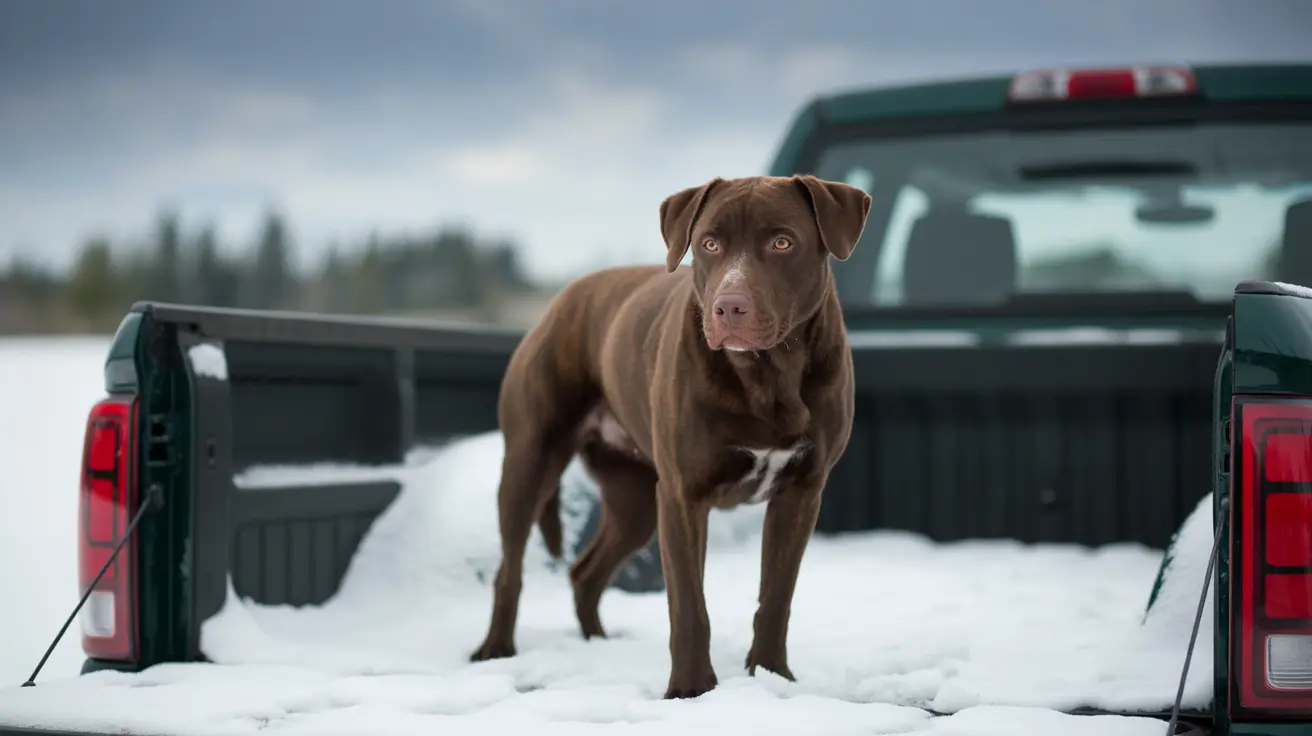Understanding Special Needs in Dogs: What Every Pet Owner Should Know
Dogs, like humans, can be born with or develop a range of conditions that classify them as having
special needs. These conditions may be
congenital, meaning present at birth, or arise from genetic mutations, developmental issues, or prenatal trauma. Raising a special needs dog requires patience, compassion, and often a creative approach to care, but it can also be deeply rewarding.
Types of Special Needs in Dogs
There are several categories of special needs that dogs can be born with:
- Physical disabilities: Including missing limbs, spinal deformities, or underdeveloped muscles.
- Neurological disorders: Such as epilepsy or cerebellar hypoplasia, affecting coordination and behavior.
- Sensory impairments: Deafness or blindness from birth due to hereditary factors or prenatal conditions.
- Metabolic and endocrine disorders: Conditions like diabetes or congenital hypothyroidism.
- Genetic abnormalities: Including dwarfism or cleft palate.
Common Congenital Conditions in Dogs
Certain dog breeds are more predisposed to specific conditions. For instance:
- Double merle breeds (like some Australian Shepherds) often suffer from congenital deafness or vision loss.
- Brachycephalic breeds such as Bulldogs may have congenital respiratory issues.
- Chihuahuas and similar small breeds can be born with hydrocephalus, a buildup of fluid in the brain.
Caring for a Dog with Special Needs
Providing for a special needs dog may include several adjustments:
- Veterinary supervision: Regular checkups are essential to monitor development and manage symptoms.
- Customized environments: Ramps, padded flooring, or specially designed harnesses can help mobility-challenged dogs.
- Training adaptations: Use of hand signals for deaf dogs or scent-based enrichment for blind dogs.
- Nutrition and medication: Some dogs require specialized diets or lifelong medication regimens.
The Emotional Side of Raising a Special Needs Dog
Despite the challenges, many pet owners report a profound bond with their special needs dogs. Their resilience and ability to adapt can be truly inspiring. These pets often require more time, but they offer endless affection and gratitude in return.
Adopting a Dog with Special Needs
Many shelters have special needs dogs waiting for homes. Adoption can offer them a second chance and provide families with a unique pet experience. Before adopting, consider:
- Time commitment for care and rehabilitation.
- Financial readiness for ongoing medical expenses.
- Your emotional preparedness for possible complications.
Myths About Special Needs Dogs
There are misconceptions that these dogs are unhappy or hard to manage. In reality:
- Many lead full, joyful lives with the right care.
- They are capable of learning and forming strong bonds.
- They often exhibit great willpower and adaptability.
Conclusion
Yes, dogs can be born with special needs, but they are no less deserving of love and care. With proper support, they can live happy and fulfilling lives. Whether you are considering adopting or already caring for a special needs dog, remember that every dog’s life has value — no matter their abilities.
Showing compassion and empathy for these unique animals speaks volumes about the human capacity for kindness. In return, special needs dogs offer immeasurable companionship, loyalty, and love.





